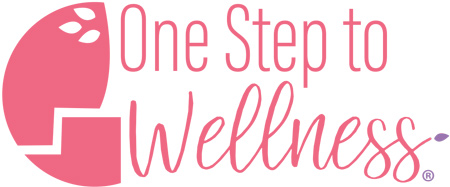“Do not be wise in your own eyes, Fear the Lord and turn away from evil. It will be healing for your body and refreshment for your bones.” Proverbs 3: 7-8 (NAS)
The book of Proverbs contains wisdom that can be applied to all aspects of our lives. This verse isn’t limited in application to our food and health choices but it is useful for all of our life including how to care for our bodies.
Today, let’s look at our eating and health choices through the lens of this verse.
Gill’s Exposition of the entire Bible says being wise in our own eyes is to “… act independently of God; not to trust in him, nor acknowledge him, nor seek to him for help and direction.” This tells us that being “wise in our own eyes” can be defined as 1) deliberately disobeying God and following our own way instead of his (a sin of commission,) and 2) inadvertently neglecting to seek God’s wisdom in the first place (sin of omission.) In our humanity we simply forget to ask God for input because we believe we already know what to do. Barnes’ Notes on the Bible says it like this, “The great hindrance to all true wisdom is the thought that we have already attained it.”
When we don’t pause to consider the fact that God has wisdom and guidance above and beyond what we already know, see or understand, we don’t ask him for help. When we don’t ask for his help, we never learn about his greater wisdom or receive the greater benefits that come with applying his greater wisdom to our life. Not only that, we can miss out on the Holy Spirit’s love, comfort and counsel because we didn’t think to ask, or thought we already had all we could possibly need. The fact is, whether or not we have an answer in and of ourselves, there is so much more for our life that is only possible when we turn to God for his wisdom and include him in on the journey.
Is it time to let God know you value his opinion on your current circumstance? Have you thought to ask him what his opinion is? Are you stuck or exhausted from fruitless effort? It may very well be that you have come to the end of your own wisdom and ability.
A small warning. When you consider including God, if you’re like me, a thought may creep into your mind that goes something like this:
“What’s God going to do about it? There’s nothing left to be done!”
We have to kick this line of thinking to the curb. It stems from a limited understanding based on the limited resources, limited strength and limited possibilities available to a limited human. This is a great example of stewing in our own wisdom. We are extremely limited compared to God. We can’t possibly know what he can bring to the table. God wants to help, and he can do anything, and He can make a way we never dreamed possible. The Bible says:
I will lead the blind by ways they have not known, along unfamiliar paths I will guide them; I will turn the darkness into light before them and make the rough places smooth. These are the things I will do; I will not forsake them. Isaiah 42:16 (NIV)
and
If any of you lacks wisdom, you should ask God, who gives generously to all without finding fault, and it will be given to you.” James 1:5
Practice making a point to include God in your decisions. Ask him for help, search his word, follow his wisdom and see the amazing things he has in store for you that can only come when you invite him to be a part of your daily life.
Questions for reflection during your prayer time with the Lord:
It’s nearly impossible to hear God’s wisdom in a rushed, noisy, busy, state. We need a quiet spot to pause, seek God and listen. Find a place where you can be alone with God, pray and write some things down. Once quiet and connected to God, here’s an exercise to help you use God’s wisdom to get unstuck.
Fold a piece of paper in half. Then fold it in half again. You will have four squares. On the top of each square write one of these four categories:
- Diet and Exercise
- Sleep/Rest
- Stress
- Relationships
Take time to pray about each of these areas of your life. Focus on each one separately and consider the following questions for each category:
- Am I asking God for wisdom for my life in this area?
- Is there something I’m doing in this area that is hurting my health?
- What is my wisdom when it comes to this area?
- What is God’s wisdom when it comes to this area? Have I searched the Bible? Have I talked to God about it?
- Am I leaning on my own wisdom or God’s wisdom in this area? Are they the same or different? Describe.
- If they are different: What’s keeping me from making an adjustment from following my wisdom to following God’s wisdom?
- If they are different: What is one achievable step I can take to follow God’s wisdom now?
- What are some rewards that might be possible as I honor God and his wisdom? (Go back and read Proverbs 3:7-8, Isaiah 42:16 and James 1:5 if you are stuck.)
Come back and share what God has done for you!
This is Day 12 in “Eating Through the Proverbs,” a Bible study about food, by Julia Fikse, Functional Medicine Health Coach ©2019.
Need more support? Contact me to see if personalized health coaching might be a good fit for you.
Julia Fikse is not a therapist or a doctor and this blog cannot and should not in any way replace doctors advice.
Photo by Aubrey Rose Odom on Unsplash

